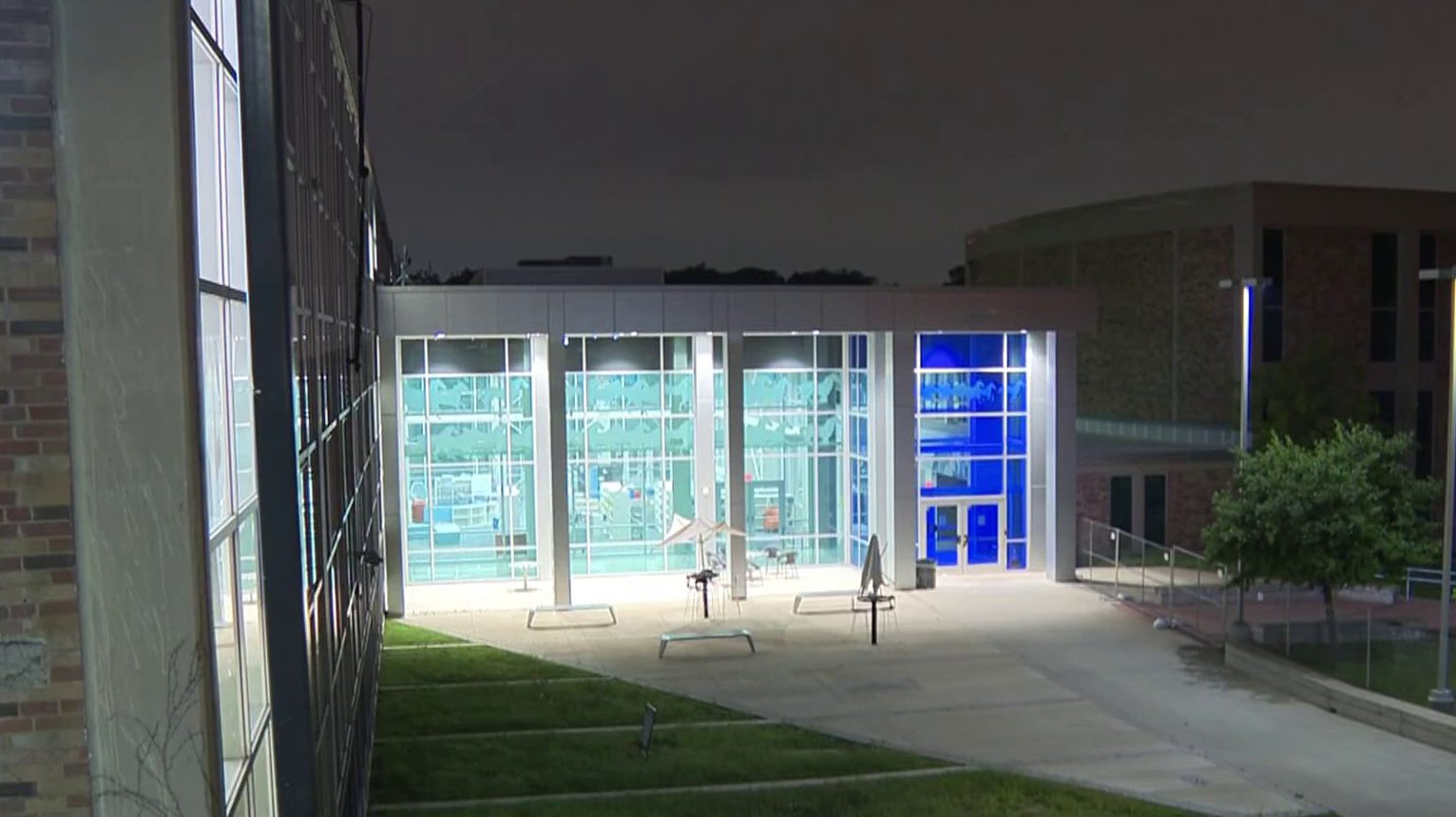A charity set up to help victims of last April’s explosion in West has collected $3.6 million in donations but has given only about $1 million to victims, an NBC 5 investigation has found.
Directors of the charity, West Long-Term Recovery, have declined repeated requests for interviews.
But West Mayor Tommy Muska, who is not directly involved in the charity, said he hopes the pace of the disbursement will increase.
“Of course, I’m frustrated,” Muska said. “I’m frustrated with that. I’m frustrated with a lot of things.”
The massive explosion at a fertilizer plant on April 17, 2013, killed 15 people, injured more than 300 and did $100 million in damage.
Some victims complain the nonprofit group, set up in the weeks following the disaster, has done little to help them.
"This was my home and now it's not anymore,” said Kelli Gardner, pointing to the shell of her former house almost directly across from the fertilizer plant.
Local
The latest news from around North Texas.
She said she happened to be outside that day when she noticed a small fire at the plant. Suddenly, the explosion knocked her to the ground.
"It was chaos after that,” Gardner recalled in a recent interview.
She escaped with minor injuries.
"You don't expect something like that,” Gardner said. “What do you do?"
Donations poured in from across the country.
"People gave out of their hearts,” Muska said. “And we were so blessed to have so many people give."
Muska said there were so many donations that city leaders formed a nonprofit group called West Long-Term Recovery to collect the donations and distribute them to victims.
But Gardner said she was surprised when she went to their office for help.
"They were not very nice, for one,” Gardner said. "I was like, 'Do I fill something out or something?' And they finally gave me an application. And I filled it out. They said, 'Someone will call you. Someone will meet with you.' I didn't get a call and I didn't get a call."
Weeks later, she went back.
"They were like, 'Oh, well, we can't find your application so you need to fill out another one.'"
So she did. And finally, she met with a caseworker.
"She was like, 'Well, it's not your property. There's not much we can do for you,’” Gardner said.
Gardner was renting the home, but she still considers herself a victim.
"When something like that happens, you don't have anything,” Gardner said. “You don't have furniture, you don't have clothes, like anything. And the people who are there to help you are like, 'Sorry, sucks to be you.'"
So where did all those donations go?
An NBC 5 investigation found the majority of the $3.6 million in donations collected by West Long-Term Recovery is still there — waiting to be distributed..
"Just because your name is 'long term' doesn't mean you have to make it long term," Gardner said.
The first director of the charity, Karen Bernsen, who left in February, declined requests for an interview. The woman who replaced her, Suzanne Hack, has not returned repeated phone calls from NBC 5.
The mayor blamed strict IRS regulations on nonprofit groups for the delay in payments. For example, he said, charities must determine whether victims have a financial need and haven’t been compensated by insurance.
"I wish they would just give $500 to everyone and say, 'Have a nice day,’” Muska said. “But that's not going to be the best use of that money … I would love to get it done ASAP. I know they have their rules. And the rules are there, like it or not."
The slow pace of doling out the donations is just one problem.
West resident Christina Sparks told us the charity agreed to pay for repairs to her home but claimed the contractor disappeared.
"He went and got paid for the job but he stole the money,” Sparks said. “So we had to go back and redo the paperwork and everything."
Muska said the city lost a lot of control when it decided not to manage the money itself.
"Could we have done things differently? I don't know if we could have or not because we didn't have the manpower to manage that part of the disaster,” he said.
Now, with the new director and the hiring of several new caseworkers, Muska said he hopes the process will speed up.
He said 51 new homes have already been built or are under construction.
Ken Feinberg, an attorney and expert in disbursing donations in disasters, said charities in other disasters have given out money to victims much faster.
Feinberg stressed he is not familiar with the West situation, but he said IRS rules have not posed obstacles in other cases.
“One Fund Boston raised $60 million for the victims of the Marathon bombings,” he said. “All of the money was distributed in 60 days to 242 eligible claimants. In all of the funds in which I have been involved, money was distributed in a matter of weeks once claim forms were submitted that were substantially complete and accurate,” he wrote in an email.
Victims like Kelli Gardner said nearly a year is too long to wait.
"People donated this money with the intent that it was going to help people immediately,” Gardner said. “And then, suddenly, it's this much further down the road and people are still at square one."



